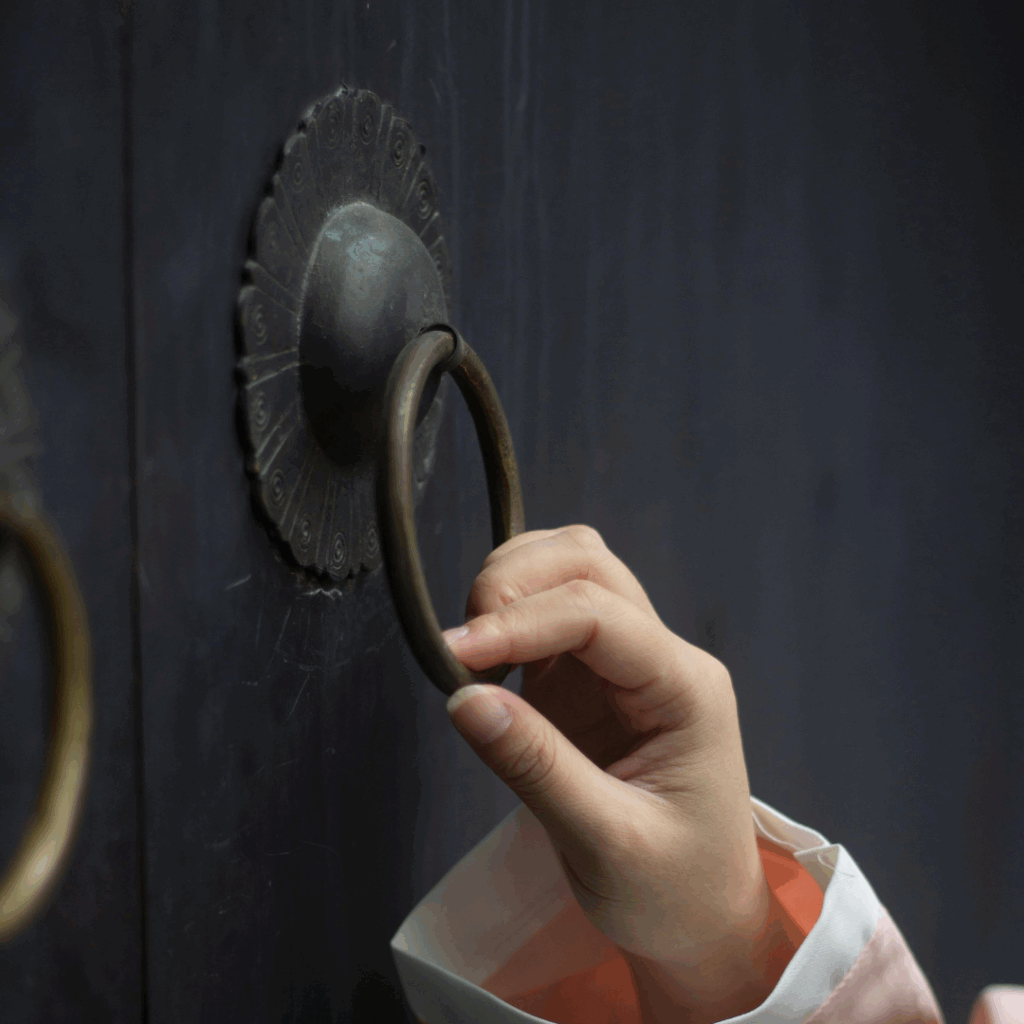Planning financial security for loved ones after your passing can be tough, especially in complex family situations or second marriages. A life interest trust could be the solution you need, offering clarity and assurance for everyone involved.
A Common Dilemma
Many people worry about safeguarding both their spouse and children’s futures. This concern is heightened in situations involving children from previous relationships, where there’s a desire to support a new partner while preserving assets for the children. Even those not in second marriages may fear that a surviving spouse could remarry or alter agreements regarding asset distribution.
We have encountered many situations where a surviving spouse (often on a second marriage), having been bequeathed the deceased spouse’s entire estate, subsequently makes a new will excluding the deceased’s children altogether or remarries, upon which the old will is revoked.
A Modern Family Solution
A life interest trust allows one or more beneficiaries to benefit from a property—like living in a house—during their lifetime, while ensuring the ultimate ownership passes to others, such as children, after their passing. Unlike leaving assets directly to a surviving spouse, which can result in unintended asset redistribution, a trust preserves them for the next generation.
This arrangement is very often put in place for those in second marriages who want to ensure that their spouse has a roof over their head but that ultimately the children will receive the benefit of the assets concerned after their spouse’s death. The arrangement is not exclusive to those in second marriages and is commonly used by couples who want to put arrangements in place now to protect their families in the future.
Protecting Assets
Life interest trusts also suit situations where direct asset transfer may not be ideal, such as concerns about a beneficiary’s financial prudence or external pressures. Trustees manage the assets, allowing a beneficiary to enjoy income or use while safeguarding capital for future generations. Provisions can be made for the trust’s termination upon specific events, such as bankruptcy, further protecting the assets.
Flexible and Adaptable Arrangements
Trust arrangements can be tailored to suit personal family dynamics and can take effect during your lifetime or upon passing. They allow flexibility for trustees to provide financial support as needed and can include conditions for ending the trust under specified circumstances, like remarriage.
What assets can be put in trust?
While any asset can be placed in a trust, common examples include:
- Property: A house can be entrusted to someone with the right to live there. Trustees may sell and purchase replacement properties as needed.
- Shares: Family company shares can be held in trust to provide dividends to beneficiaries while maintaining control through trustees.
- Farms: Trusts can ensure immediate benefits to beneficiaries, with assets transitioning to the next generation upon their passing.
Who should be the trustees?
It is important to choose your trustees wisely and whom you choose will depend on your own personal circumstances.
When settling their assets on trust many couples want to give the surviving spouse some say in how the trust is run and will appoint the surviving spouse as one of the trustees together with the children. This has the advantage of ensuring that the surviving spouse has some say but the disadvantage is that neither of the trustees can be said to be independent and their interests may collide. Sometimes there may even be a family dispute which may lead to a dead lock situation where the trustees cannot agree.
There is a lot to be said for choosing trustees who are independent of the beneficiaries. However that may not be practical for many people who would prefer to keep control within the family.
Taxation implications
Tax implications vary based on asset type and relationships involved. It’s advisable to seek expert advice to understand these fully.
If you’re considering a life interest trust and need guidance, our solicitors, including Claire Tuohy, offer expert advice tailored to your situation. Contact us at 1800 207 207 or info@homsassist.ie for a consultation. We’re here to help secure your family’s future with professionalism and care.









